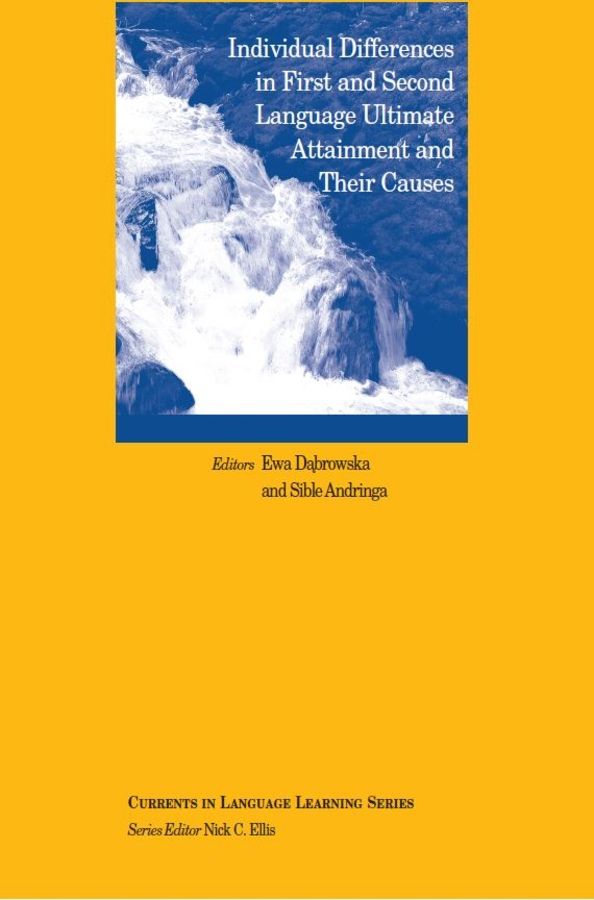Most language acquisition researchers assume, either implicitly or explicitly, that all first language learners converge on the same grammar. This outcome contrasts sharply with the outcome of L2 acquisition, which is characterized by large individual differences, particularly in adult learners. Futhermore, adult learners rarely, if ever, attain native-like competence. In this issue, eminent scholars from both first and second language acquisition investigate potential causes of individual differences in ultimate attainment. In doing so, they challenge the concept of nativeness and the role of the native speaker in ultimate attainment, they provide further insight into how cognitive ability affects acquisition and attainment, and they problematize the role of time and temporal grainsize in studying ultimate attainment. Taken together, the work presented in this issue provides expectations and lays out the challenges before us on the road to understanding the caues of individual differences in ultimate attainment.
Linguistics
Individual Differences in First and Second Language Ultimate Attainment and their Causes
₹2,942.00
This book is currently not in stock. You are pre-ordering this book.

